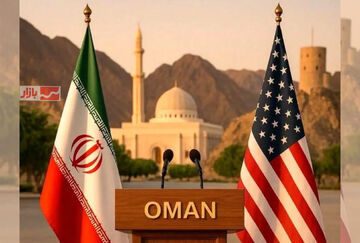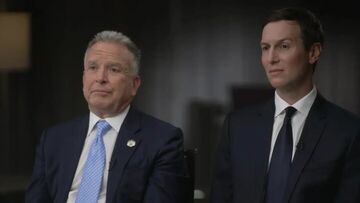Tehran(Bazaar): Brad Emery in interview with Bazaar News Agency said: The insurance business has always used ,but the advent of AI means that more detailed analysis can be undertaken by machines.
Brad Emery , 20 years experience of insurance distribution covering 14 markets in asia,
worked for prudential, Metlife, Chartis, Willis, Discovery and AIA and held exco positions in hk, vietnam, and in a regional capacity covering 12 markets . He built regional tele-marketing business for Prudential (uk) and launched bancassurance in china for Citi and standard chartered and ran multi channel distribution models across asia, which include retail partners e.g. Pricerite (hk).He also launched vitality program (wellness based loyalty program) across asia for AIA, has relationships with most major global insurance underwriters in se Asia.
Bazaar: What are the impact of emerging technologies on the insurance industry?
Emery: Technology is so broad now and has so many facets that it impacts many areas of insurance.
If you look at insurtech start-ups many of the successful ones are in the administration and claims areas predominantly because they have less impact on the existing distribution channels – in may markets this is still agents and or brokers.
The insurance business has always used numbers and actuaries are very skilled at modelling them but the advent of AI means that more detailed analysis can be undertaken by machines and I believe will create an edge for the early adopters.
Combining AI with additional data points such as from telematics in cars will also allow for new insights.
The advent of behavioural science is also allowing companies like South Africa’s Discovery to develop what they term shared value models, where customers and society as a whole benefit from lower population risks due to behaviour change, and customers get lower premiums and other benefits
The area that I believe still has the most room for change is distribution. The move away from traditional channels would be highly disruptive for existing players and is likely to require start-ups like the USA based Lemonade to create the moment, which will ultimately force change.
Bazaar:What effect does insurance technology have on improving people's welfare? and economy?
Emery :As noted above new shared value models allow customers to benefit from a lower risk, as well as benefiting society as a whole. For example if we can get people to drive more safely, we see less road accidents and fatalities. Every Fatality affects a family and potentially a community so even a reduction of one is to be applauded.
Similarly wellness programs which encourage customers to live healthier, happier lives also help to improve both longevity and quality of life in old age. This is clearly beneficial in terms of claims to the insurance company, but also to society as grandparents are able to assist with child care, and contribute to society in other wholesome ways.
Improving distribution channels should see greater penetration – for example embedding insurance with purchases makes the cost affordable and provides protection to a greater proportion of the population as a whole. Similarly finding new ways to educate customers about the benefits of insurance should see a greater reach.
Bazaar:What are the challenges in using insurance technology in countries? What is the solution?
Emery :Developed and developing markets have different issues with implementing new technologies. For many developing countries the affordability of premiums is one of the greatest issues, so finding ways of providing lowcost solutions as well as educating customers about why they need cover is key
In developed markets there is a certain inertia from overload – there are simply too many types of insurance and customers have become jaded with them. Do I need critical illness cover, medical cover, accident cover, and Life cover for example?
In both instances clever use of data for targeting the right products to the right customers will be useful as will a change in mindset from the insurers to offer customer led solutions rather than pushing products at the mass population
One of the projects I am working on allows supermarkets to harness their customer relationships in order to target the very specifically for free and low cost insurance offers.
Cost of implementation is also an issue in developing markets. Spending 6 figures or more in US$ terms to develop new systems may be prohibitive. Agency models are scalable and whilst expensive to run they more or less scale costs with sales….whcih gives them a huge advantage over technology in new markets.
Interview by Farahnaz Sepehri















نظر شما